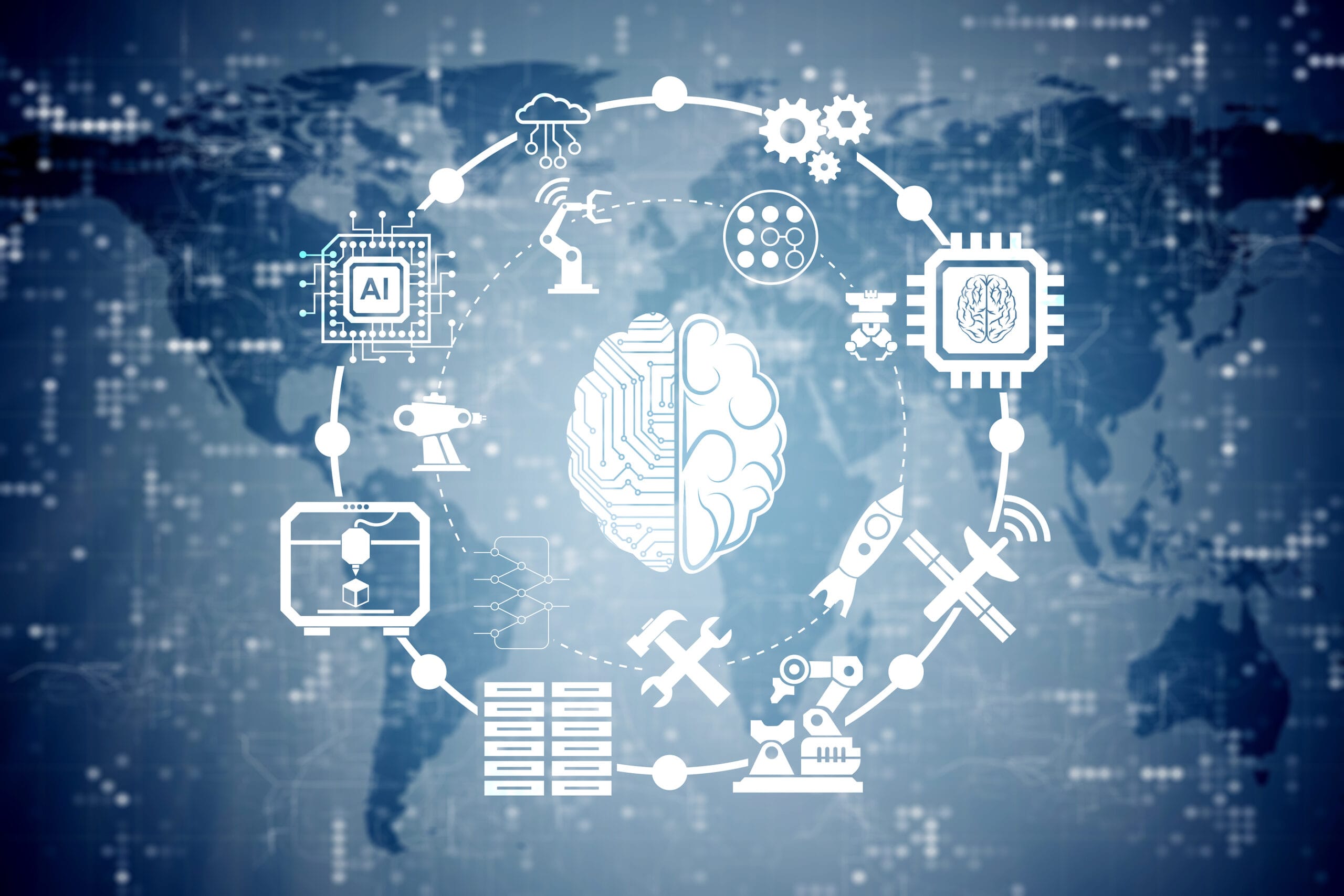In the rapidly evolving field of artificial intelligence (AI), world models play a crucial role in how AI systems perceive and interact with their environments. These models serve as internal representations that allow AI to simulate, predict, and understand the world around them. By creating a structured framework for interpreting data and experiences, AI world models enhance the decision-making capabilities of intelligent systems, making them more effective in a variety of applications.
At their core, AI world models are designed to encapsulate the dynamics of the environment in which an AI operates. They provide a means for the AI to reason about its surroundings, anticipate outcomes, and plan actions accordingly. This is particularly important in scenarios where direct interaction with the environment is limited or costly. For instance, in robotics, an AI equipped with a world model can simulate movements and interactions before executing them in the real world, minimizing errors and optimizing performance.
The significance of AI world models extends beyond robotics. In the realm of autonomous vehicles, for example, these models are essential for navigating complex traffic scenarios. An autonomous car must understand not only its immediate surroundings but also predict the behavior of other vehicles, pedestrians, and environmental conditions. By utilizing a world model, the AI can make informed decisions about acceleration, braking, and navigation, enhancing safety and efficiency on the road.
Moreover, AI world models are increasingly being applied in the field of healthcare. Predictive models can analyze patient data to forecast potential health outcomes, enabling healthcare providers to make proactive decisions regarding treatment plans. By simulating different scenarios based on patient history and current conditions, AI can assist in identifying the most effective interventions, ultimately improving patient care.
In addition to practical applications, AI world models are also pivotal in advancing machine learning techniques. They facilitate the training of AI systems by providing a structured approach to learning from data. For instance, reinforcement learning, a subfield of machine learning, often relies on world models to simulate environments where AI agents can learn optimal behaviors through trial and error. This not only accelerates the learning process but also allows for the exploration of scenarios that may be difficult to recreate in real life.
The development of AI world models is closely tied to advancements in computational power and data availability. As AI systems become more sophisticated, the ability to process vast amounts of data and generate accurate models has improved significantly. This has led to the emergence of more complex and nuanced world models that can capture intricate relationships and dynamics within the data.
However, the implementation of AI world models is not without challenges. One of the primary concerns is the accuracy and reliability of these models. If an AI’s world model is based on flawed or incomplete data, the predictions and decisions made by the AI can lead to undesirable outcomes. Therefore, ensuring the integrity of the data used to train these models is paramount.
Additionally, there are ethical considerations surrounding the use of AI world models. As AI systems become more autonomous, the implications of their decision-making processes become increasingly significant. It is essential to establish guidelines and frameworks to ensure that AI operates transparently and responsibly, particularly in sensitive areas such as healthcare and transportation.
In conclusion, AI world models are integral to the advancement of artificial intelligence, providing a foundation for understanding and interacting with complex environments. Their applications span various fields, from robotics and autonomous vehicles to healthcare and machine learning. As technology continues to evolve, the importance of developing accurate and reliable world models will only grow, shaping the future of AI and its impact on society. The ongoing research and innovation in this area will likely lead to even more sophisticated models that enhance the capabilities of AI systems, fostering a deeper understanding of the world and enabling more effective decision-making processes.



